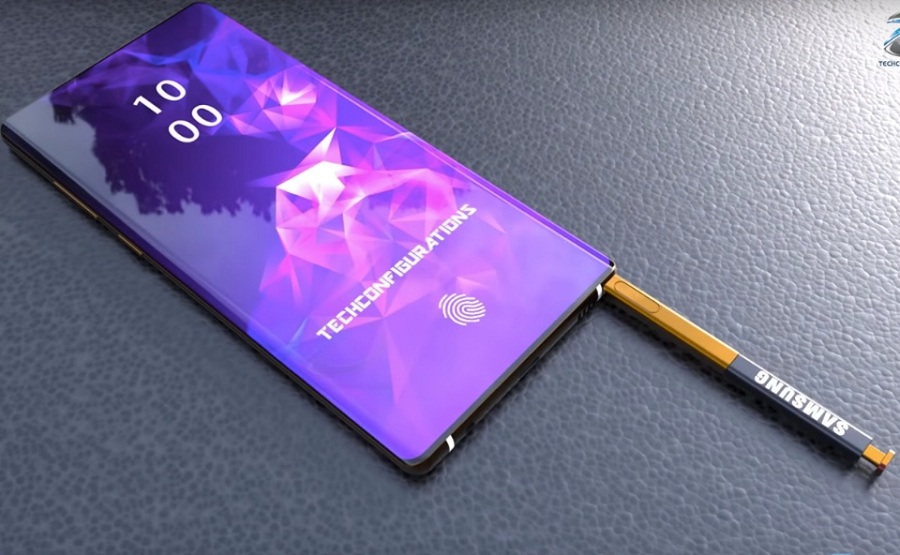
The world’s largest smartphone manufacturer is not shy of releasing its flagship phones with an interesting twist, be it in terms of aesthetics, performance, or even the marketing. The upcoming Note 10 is also expected to be subjected to a Samsung classic: releasing a device in two different sizes.
Once the South Korean conglomerate released four variants of the Galaxy S10, its decision to do the same for the upcoming Note 10 shouldn’t raise any eyebrows. It is also well known that in any spectacular smartphone series, while the best variant creates the most hype, it’s the lower variants which attract the most consumers. It bore fruit for Samsung with the lower-end Galaxy S10e variant, and it might work well for them this time around too.
According to a report released by the South Korean media outlet ETNews, Note 10 will be offered in 6.28-inch and 6.75-inch sizes. While the smaller of the two is clearly fairly large as well – it lies between the 6.1-inch Galaxy S10 and 6.4-inch Galaxy S10 Plus – the larger one is definitely immense, and it just goes to show that Samsung isn’t holding back from making their flagship smartphones as big as possible.
ETNews goes on to state that while both variants will include LTE, there will also be a 5G version. The latter is expected to have a set of four rear cameras, which suggests that it’s also going to have a set of sensors (including the impressive time-of-flight sensor) similar to that of Galaxy S10 5G.
While there has been no indication as to what each variant will be called in order to distinguish them from each other, it is clear that Samsung has set out to achieve two things: maintain the immense screen sizes that are bound to boost productivity and immersiveness and open up choices for the consumers.
While there is no official release date, we can expect to see the Note 10 series sometime in August.
The post Samsung considers offering the Galaxy Note 10 in two different sizes appeared first on TechJuice.
